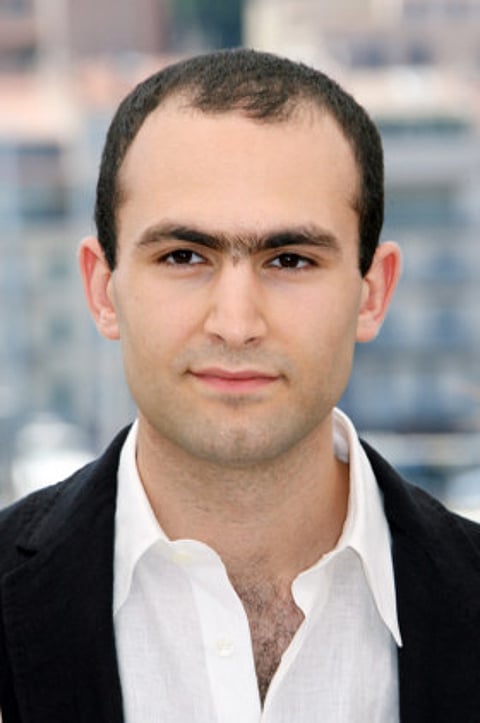Egypt actor turned activist optimistic despite turmoil
Constitution itself shows progress on the level of rights and freedoms, he says

Cairo: British-Egyptian actor Khalid Abdullah, a central character in the Oscar-nominated documentary about Egypt’s 2011 uprising, remains optimistic despite spiralling turmoil and widespread fears of an even more repressive regime.
In an interview ahead of the three-year anniversary of anti-Hosni Mubarak revolt, which captured the world’s attention and fuelled hopes for a more democratic Middle East, Abdullah said he has not given up on the unfinished uprising.
“Are we moving in a direction which is likely to end in greater rights and greater freedoms and more social justice? ... I believe we are, and that’s what gives me great optimism,” the 33-year-old actor said.
Abdullah, who has acted in several Hollywood productions, gained international fame after starring in the award-winning 2007 film The Kite Runner, set in Taliban-ruled Afghanistan.
He returned to Egypt for the 2011 uprising and is one of the central characters in The Square, an acclaimed documentary that tells the story of the revolt and the unrest that followed through the eyes of the young activists who defied a decades-old dictatorship.
“When power tries to enforce something that people are against, people fight it,” Abdullah said.
“If you want to chart the [progress] of rights we have managed to win, even though I have major issues with this constitution, the constitution itself shows we are winning the argument, at least on the level of rights and freedoms.”
Last week Egypt’s voters overwhelmingly approved a new constitution, which the interim military-installed government has billed as a key step in a democratic transition, with presidential and parliamentary elections planned for later this year.
Abdullah says the country is passing through “dark times”.
“We have thousands of people in prison, we have a protest law that is incredibly authoritarian, we do not have freedom of speech, and we do not have freedom of press,” he said.
“Plus there is no real reform that has happened yet within the state of providing the social justice, and that is the most important aspect of this revolution. Until people see evidence of that, we are still likely to live in turbulent times.”
‘Huge burst of creativity’
Abdullah finds hope in the growth of Egyptian civil society, both before and after Mubarak’s overthrow, a development he’s played a role in by founding the Mosireen media group, which documents Egypt’s ongoing turmoil and supports citizen journalism.
He’s also established a documentary unit, Zero Production, and a centre for independent cinema called Cimatheque.
“There are political parties that have been founded, new unions that have been founded, unions that have had their leadership changed. There is a huge burst of creativity,” he said.
“The question is at what point does it become either organised enough or strong enough to actually be the power that is steering, making the final decisions, signing the pieces of paper. I think that’s going to take some time.”
He expects the military will continue to play an influential role in the country’s political life, with army chief General Abdul Fattah Al Sissi seen as a possible presidential candidate.
“I don’t think that next year or in two years’ time suddenly the military is just going to be in control of the army and the borders,” said Abdullah.
“But I can see the argument for it happening getting stronger and stronger.”
Sign up for the Daily Briefing
Get the latest news and updates straight to your inbox


